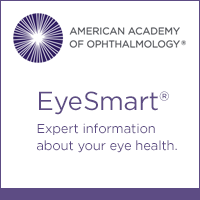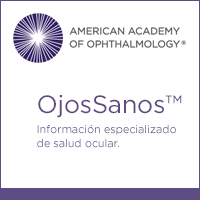Myopia or nearsightedness causes difficulties in seeing or reading things at a distance. Signs of myopia include squinting, headaches and straining to see afar. Myopia is a condition where the eye is elongated and things are focused in front of the retina instead of on the retina. Myopia typically starts in childhood and can eventually stabilize in adulthood, but if the parent has myopia the child has a higher risk of developing myopia also. Depending on the degree of myopia you may need to wear corrective devices at all time. Different methods have been tested in the effort to control the progression of myopia such as drops, bifocal or progressive glasses, and multifocal contact lenses.
The NaturalVue 1 Day lens
In a case study by Dr. J Cooper, 32 patients between the ages of 6-19 who were at least -0.50D with their current corrections were fit with a central distance multifocal soft contact lens, NaturalVue multifocal 1 day contact lenses; researchers found that the rate of myopic progression reduced from -0.85D to -0.04D per year. Approximately 98.4% of the children showed reduction of myopic progression and 91% showed a decrease in myopic progression by 70% or greater. According to researchers 81.25% of children showed a complete halt of myopic progression all together. (J.Cooper)
“…the plus powers within the contact lens create a special type of blur at the retina (the light sensitive tissue at the back of the eye). This then sends a signal to the brain to stop the eye from growing and becoming more myopic.” (The Eye Practice)
NaturalVue 1 day contact lenses were originally developed for presbyopia, a common condition that causes increased difficulties with near and distance focusing. While there are various designs of multifocal contact lenses, recent studies have found that particular designs where the center zone of the lens gives clear far distance vision, while peripheral zones help with close-up focusing are effective in reducing myopia progression in children who wear these lenses daily. (P. Cheng)
Furthermore, 1 day contact lenses are especially safer for children as they are disposable after 1 day of wear and cut down on the risk of infections, abrasions (cuts), there is no daily lens cleaning required, there is no risk of overnight wear as long as properly disposed of, and there is no residue build up on the contacts lenses as there is in weekly or monthly contact lenses. (L. Segre)




